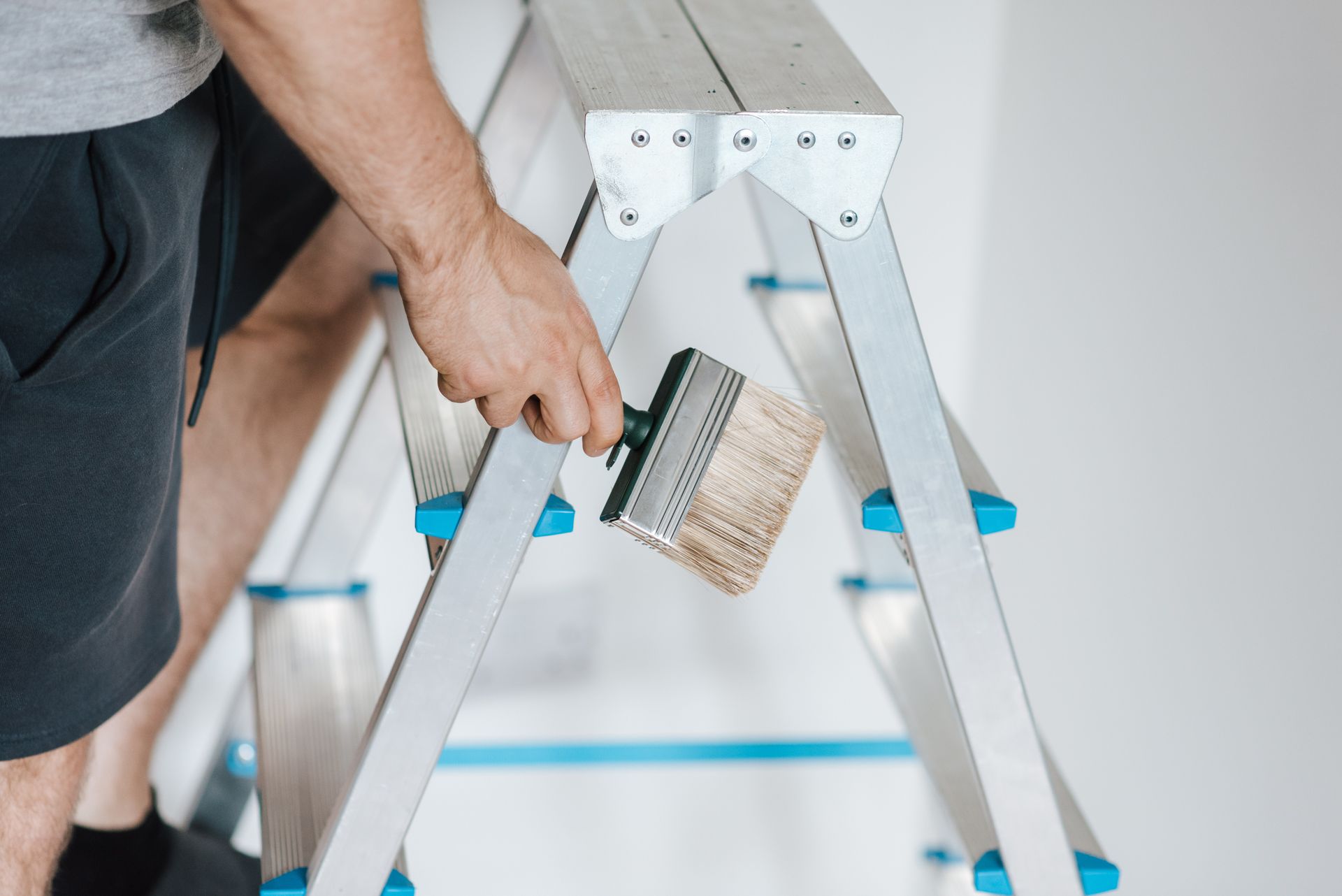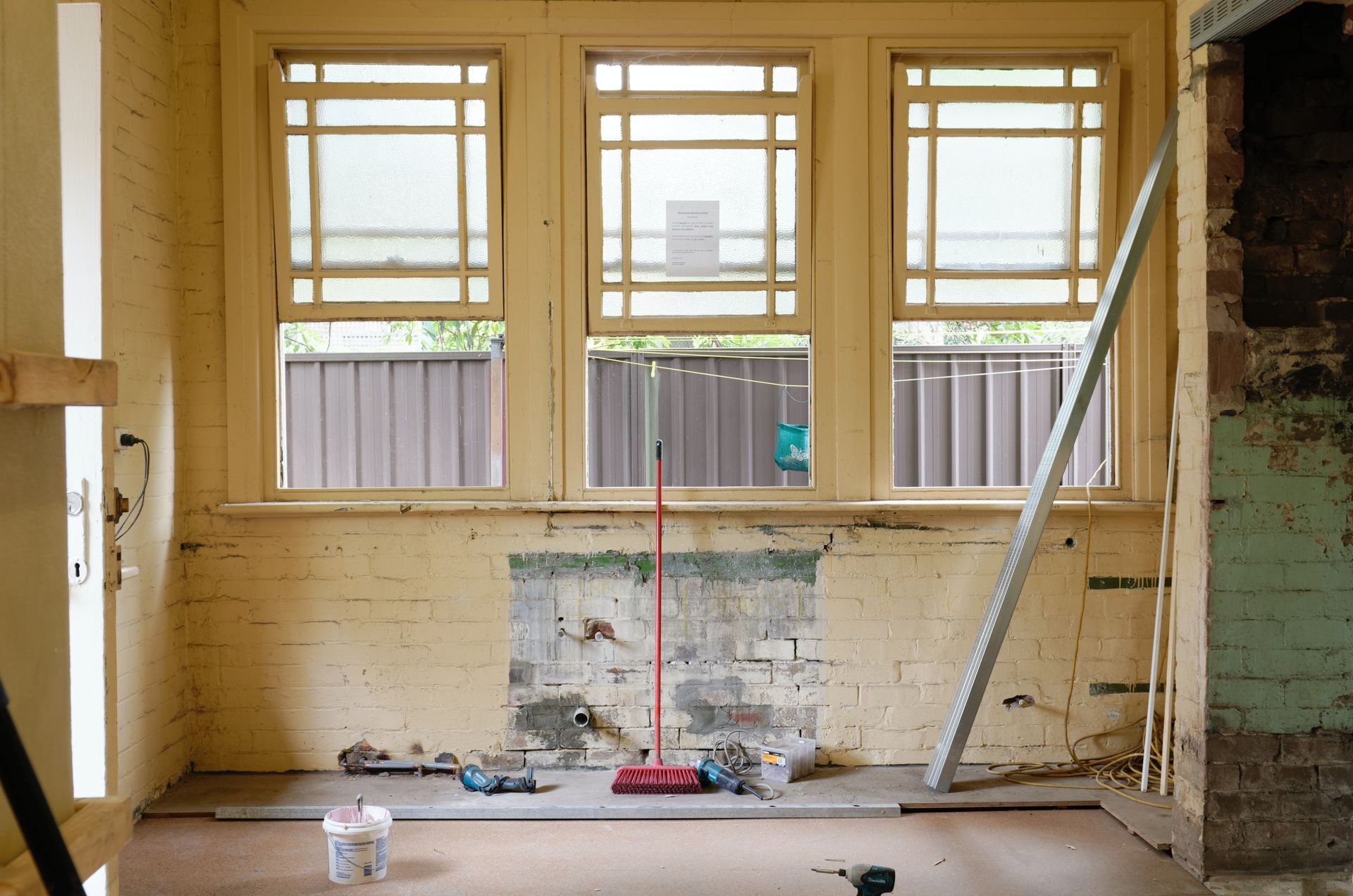Credit Basics—10 Things You Should Know
Knowing more about credit can help you make smart financial decisions as you prepare to buy a home. At Primary Residential Mortgage, Inc. (PRMI), we want to be sure your experience is as positive as possible, so we’re sharing credit basics you should know.
1. A higher credit score may help you get a lower interest rate.
Your credit score isn’t the only thing that determines your interest rate, but it can make a big difference. A score of 700 or above is usually considered good. The higher your score is, the more likely you are to get a favorable rate—especially helpful if that means you’ll be paying less each month for decades.
2. You don’t need perfect credit to buy a home.
While it helps to have a high credit score, it isn’t always necessary. Most lenders require a score of around 620, but FHA loans are available for people with scores as low as 500.
3. Soft inquiries do not affect your credit score.
A soft inquiry (sometimes called a soft pull) does not negatively affect your credit score. This means you can check your own credit without worrying about dropping your score. If a lender, landlord or utility company is checking your credit, ask them if it is a soft or hard inquiry—for example, getting prequalified for a home loan requires only a soft inquiry, but getting pre-approved* will involve a hard inquiry.
4. Hard inquiries can have a negative impact on your score.
Hard inquiries happen when you apply for credit (for example, getting a car loan or credit card). This kind of inquiry can negatively affect your score. It usually only knocks the score down by a few points, but sometimes a few points can mean a different interest rate. If you’ll be buying a home soon, try to avoid multiple hard inquiries.
5. You can get a complimentary credit report once a year.
In the U.S., you’re entitled to a complimentary credit report once a year. You can request it at https://www.annualcreditreport.com. Get yours to review your credit and see how you’re doing.
6. Keep your credit utilization ratio below 30%.
Credit utilization can have a huge impact on your credit score. Your credit utilization ratio compares the amount of credit you use to the amount of credit you have available. Do what you can to keep your balances at 15% to 30% of your available limit—the smaller the balance, the better. If your cards are maxed out, it will usually have a negative impact on your credit score. This is one reason it’s usually wise to avoid closing cards that are paid off. With them open, you’ll have a more favorable credit utilization ratio.
7. Late payments can stay on your credit report for years.
A late payment can show up on your credit report long after it happens, so it’s important to make all your payments on time whenever possible. If you have an emergency or accidentally miss a due date, contact the organization quickly—in some cases they’ll be lenient if you have a strong history of on-time payments.
8. If you have no credit history, you may have a low score even if you’re financially responsible.
It takes some time to build credit if you have no history, even if you’re very responsible. If you need to build a strong credit history, you may want to consider getting a secured card or getting added as an authorized user on someone else’s account.
9. You should have more than one kind of credit account.
If you want to build a strong credit score, opt for multiple types of credit (credit cards, car loan, home loan, etc.). Having just an auto loan, for example, isn’t always enough to show that you’re good at managing credit.
10. You should avoid opening any new credit accounts after you apply for a mortgage.
Once you’ve officially applied for a home loan, avoid opening any new credit accounts. A new account could change your debt to income ratio, credit utilization ratio or credit score, which in turn could affect your rate or ability to get approved.












